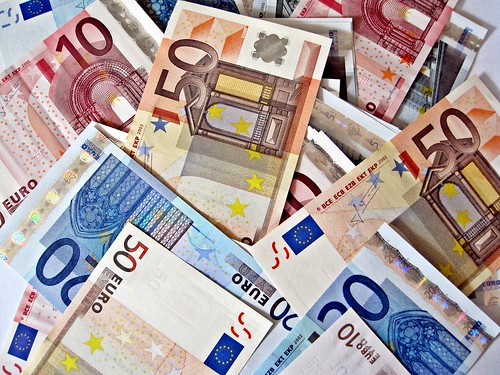
Turkey has firmly condemned the military coup in Egypt which led to the ouster of President Mohamed Morsi and his Muslim Brotherhood-dominated government. In the first days following the coup, Ankara was at pains to convince the international community (including the UN, the United States, the European Union and the Arab states) to pressure the Egyptian army into re-instating Morsi as president or at least to condemn the military for staging an assault on democracy. As these attempts proved unsuccessful, Ankara criticised the European Union for applying double standards in its evaluation of political transformation in its neighbourhood. The Egyptian coup is currently the main topic on the agenda for Turkish politicians. Numerous demonstrations of support for the toppled Egyptian government have been witnessed in Turkey.




